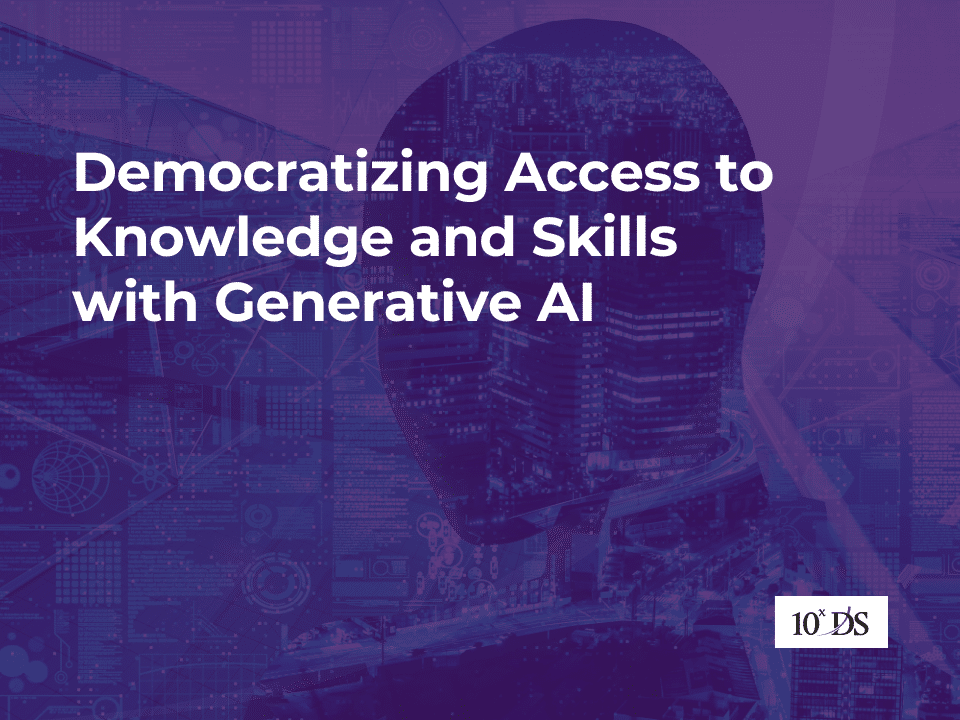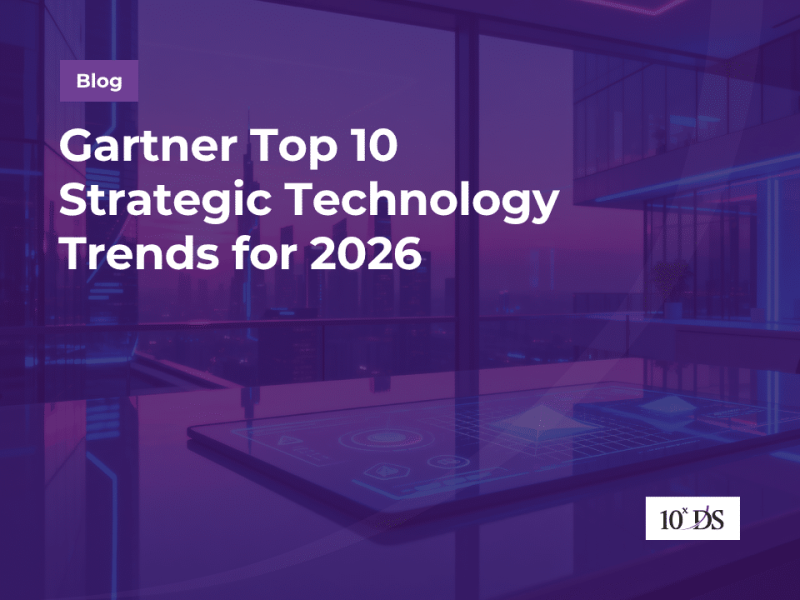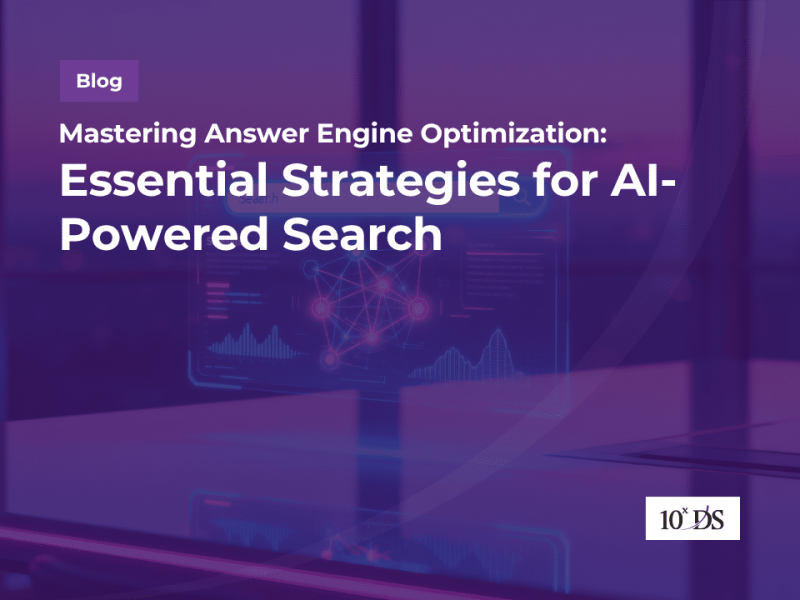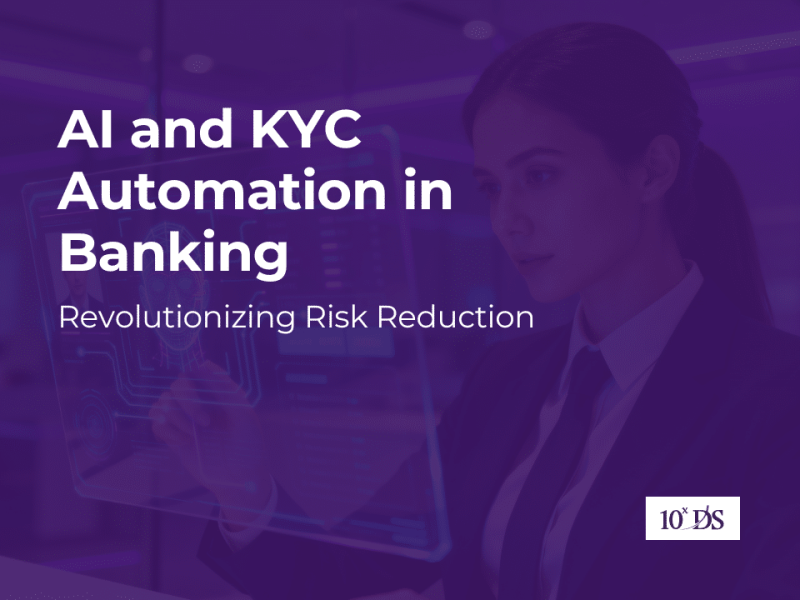
Democratizing Access to Knowledge and Skills with Generative AI
In recent years, advancements in artificial intelligence (AI) are poised to democratize access to knowledge and skills on an enormous scale, transforming business landscapes. By harnessing AI’s ability to personalize learning experiences, simulate real-world scenarios, and automate routine tasks, businesses can empower their workforce with enhanced training programs and innovative solutions. This transformative technology not only bridges educational gaps but also fosters a more agile and competitive business environment, where creativity and skills development drive sustainable growth and innovation across industries.
Democratizing Knowledge Through Generative AI
Traditionally, acquiring specialized knowledge required extensive education and training, often hindered by cost, location, and social barriers. Generative AI has the potential to breaking down the barriers and level this playing field, making valuable information and skills accessible to everyone.
- Accessibility: Generative AI tools allow individuals to access high-quality educational content from anywhere. With interactive tutorials, language translation services, and virtual simulations, learning becomes universally accessible.
- Affordability: Automating content creation with generative AI reduces production costs. This cost efficiency lowers financial barriers, making educational resources affordable for a global audience.
- Customization: Generative AI adapts to individual learning styles and preferences, creating personalized learning experiences that enhance comprehension and retention.
Empowering Innovation Through Democratized Generative AI
Beyond knowledge democratization, accessible generative AI empowers innovation across diverse domains. Open-source platforms like TensorFlow and OpenAI’s GPT enable global collaboration, accelerating AI application development in fields ranging from healthcare to creative arts.
- Reinventing Work Processes: Generative AI enhances existing methodologies and broadens access to information and skills across various roles and business functions, including non-technical domains.
- Enhancing Productivity and Innovation: Gartner predicts that “By 2026, more than 80% of enterprises will have used generative AI APIs and models and/or deployed GenAI-enabled applications in production environments, up from less than 5% in 2023.”
Benefits and Risks of Democratized Generative AI
The democratization of generative AI offers numerous benefits that can significantly transform various aspects of society and industry.
- Increased Workforce Productivity: Generative AI can automate repetitive tasks, streamline workflows, and provide intelligent insights, leading to a substantial increase in workforce productivity. Employees can focus on higher-value activities, enhancing overall efficiency and output.
- Multidomain Applications: Generative AI has applications across multiple domains, including healthcare, finance, education, and creative industries. Its versatility allows it to address a wide range of challenges and opportunities, making it a valuable tool for various sectors.
- Democratization of Information and Skills: By making advanced knowledge and skills accessible to a broader audience, generative AI helps level the playing field. People from diverse backgrounds can acquire specialized knowledge and training, overcoming traditional barriers such as cost, location, and social status.
- Enhanced Innovation: Generative AI fosters innovation by enabling rapid ideation, prototyping, and experimentation. Organizations can leverage AI to develop new products and services, improve existing processes, and explore creative solutions to complex problems.
While the benefits of democratized generative AI are substantial, there are also significant risks that need to be addressed to ensure its responsible and ethical use. Addressing these risks involves developing robust governance frameworks, implementing ethical guidelines, and fostering a culture of responsible AI use. By doing so, we can maximize the benefits of generative AI while mitigating its potential downsides.
- Potential Concerns Include Loss of Confidential Data: The use of generative AI in various applications can raise concerns about data privacy and security. If not properly managed, there is a risk of unauthorized access to sensitive information, leading to potential breaches and misuse of confidential data.
- Issues with Algorithmic Transparency: Generative AI models can be complex and opaque, making it difficult to understand how decisions are made. This lack of transparency can lead to challenges in ensuring fairness, accountability, and trust in AI systems, especially in critical applications such as healthcare and finance.
- Risk of Misuse: There is a risk that generative AI could be used for malicious purposes, such as creating deepfakes, spreading misinformation, or conducting cyberattacks. Ensuring that AI technologies are used ethically and responsibly is crucial to prevent potential harm and maintain public trust.
Pathways to Democratizing Generative AI
Responsible democratization of generative AI involves making AI accessible and beneficial to a diverse user base through ethical frameworks and public participation in AI governance. Recent EU regulations aim to govern high-risk AI systems and ensure transparency, addressing accountability and copyright concerns to foster an inclusive and innovative AI environment. Human-in-the-loop approaches ensure AI outputs are unbiased, accurate, and ethically sound, promoting widespread adoption and democratization. Ethical considerations, such as data privacy, bias, and responsible use, are crucial for sustainable AI development. As AI technologies evolve, they promise to empower individuals from diverse backgrounds, bridge educational gaps, and stimulate global innovation, fostering a more inclusive and innovative world. By leveraging these technologies, we can work towards a future where knowledge and opportunities are accessible to all, regardless of their circumstances.
Generative AI stands as a transformative force in democratizing access to knowledge and skills. By leveraging AI-driven technologies and navigating ethical considerations, we can foster a more inclusive learning environment where everyone has the opportunity to learn, grow, and contribute to a world of innovation. Let’s harness generative AI to create a more equitable global society.
Talk to our Experts to learn more.


